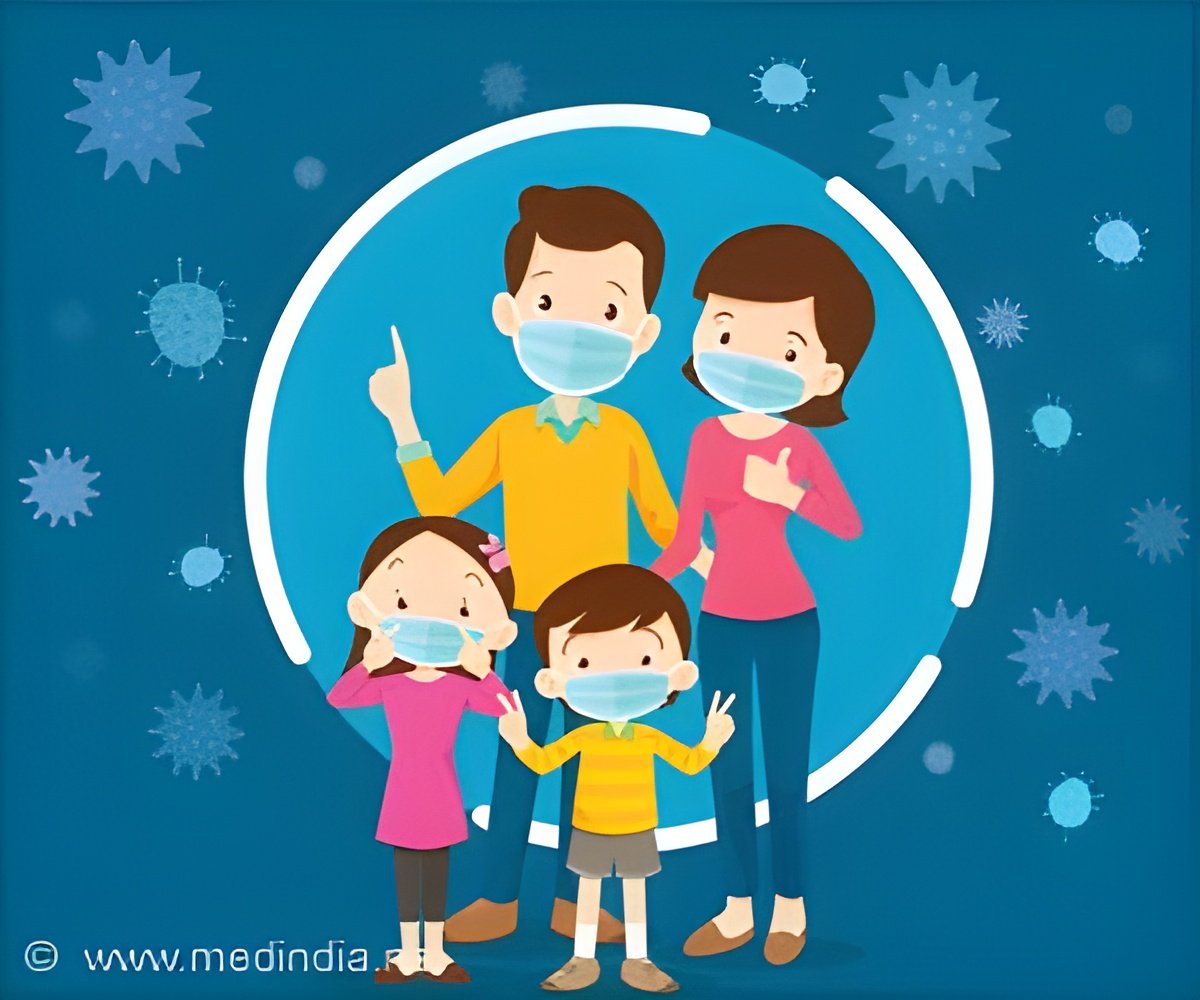
Medical professionals have advised the public to remain calm regarding the phenomenon known as ‘chikungunya nose’ amid the current outbreak in the city. Experts indicate that the brownish discoloration, often referred to as ‘brownie nose,’ is a typical manifestation associated with the fever (1✔ ✔Trusted Source
Chikungunya
).
Advertisement
What is Chikungunya Nose and How Serious is It
“The hyperpigmentation on the nose, also known as the ‘Chikungunya nose sign,’ is a classical sign and a known physical indicator of Chikungunya fever. This occurs due to melanin deposition on the tip of the nose and is generally not serious. The discoloration usually fades within a few weeks and is self-limiting in most cases, so there’s no need to worry,” Dr. Amit Dravid, infectious diseases consultant at Noble Hospital said.
Advertisement
Chikungunya and its Symptoms
Research studies have indicated that chikungunya is a viral disease characterized by a sudden onset. It is transmitted by mosquitoes and exhibits symptoms such as elevated fever, significant musculoskeletal symptoms, and the appearance of a skin rash. This viral infection is re-emerging and spread to humans through mosquito bites.
Dr. Rajesh Dighe, the assistant medical chief of the Pune Municipal Corporation, reported that there have been 2,700 suspected chikungunya cases this year. Health officials have verified chikungunya fever in 225 of these cases. Dr. Dighe noted that most patients experience mild to moderate symptoms, and the treatment provided is primarily symptomatic.
“Because of the increase in cases, there have been some who have presented with the peculiar pigmentation around the nose. However, this fades in a few weeks. Hence do not panic,” Dr. Dighe urged. He has also appealed against expensive tests like PCR for diagnosing chikungunya in case the symptoms are mild to moderate.
“If a test Ns1 antigen rules out dengue, then other molecular tests can be taken up to detect chikungunya fever. It is a self-limiting illness and citizens should ensure that they are well hydrated,” Dr. Dighe said. The NS1 (nonstructural protein 1) antigen test is a test for dengue.
Advertisement
Importance of Precautionary Measures
Dr. Dighe emphasized the importance of taking precautionary measures, noting that physicians have observed multiple cases of fever among patients within the same family.
“The infected mosquito can bite another member in the same family and hence people should ensure that they are protected by using mosquito nets,” he added.
Dr. Dravid also observed that neurological complications associated with chikungunya, such as Guillain-Barré Syndrome, have been reported in 0.1 percent of patients, indicating that such occurrences are relatively rare. Although there were some admissions to intensive care, Dr. Dravid mentioned that complications related to chikungunya, including low platelet count and myocarditis, were also noted in 0.1 percent of patients.
If, for example, 10,000 patients contract chikungunya, only one of them is likely to experience complications.
“In majority of the cases, symptomatic treatment is mainly advised,” he added.
Reference:
- Chikungunya – (https://my.clevelandclinic.org/health/diseases/25083-chikungunya)
Source-Medindia



